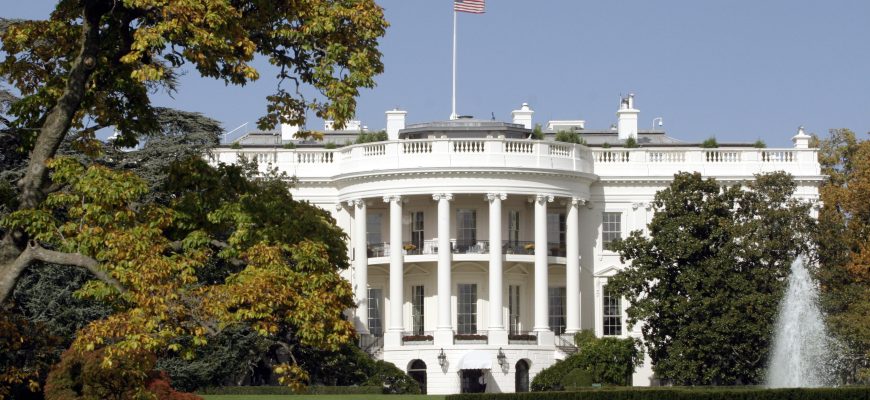NBC writes about it.
The House of Representatives passed a bill to raise the national debt limit that was negotiated between President Joe Biden and House Speaker Kevin McCarthy.
314 representatives voted for the bill, 117 voted against it. 149 Republicans and 165 Democrats supported the law.
Now the bill will be sent to the Senate, where it needs to get the necessary 60 votes to be signed by US President Joe Biden.
The draft law provides for spending restrictions for the next two years. It also includes conservative measures that would return about $28 billion in unused funds to fight COVID-19, cancel $1.4 billion in internet tax funding and carry over about $20 billion of the $80 billion in spending cuts provided by the law. on non-defense programs.
The US Senate passed a bill on the temporary suspension of the national debt ceiling and limiting government spending until the next election in 2024, writes Bloomberg.
“If we do that, we won’t default. That’s very, very important,” Senate Majority Leader Chuck Schumer said before the vote.
The draft law was adopted with a score of 63-36 by the votes of moderate representatives of both parties. Many of them expressed concern about certain provisions of the deal, but decided it was not worth risking the financial chaos that a default could cause.
It now awaits the signature of President Joe Biden, who plans to back the legislation days before a U.S. default looms.
- At the beginning of May, it became known that the USA is approaching the debt ceiling. This means that the US will reach the figure of the maximum allowable debt according to the law and will not be able to attract debt financing without legislative changes. It will happen sometime in June. The US Treasury Secretary said the failure of Congress to raise the $31.4 trillion national debt limit would deal a huge blow to the US economy and weaken the dollar as the world’s reserve currency.
- Treasury Secretary Janet Yellen later said that June 1 remains a “hard deadline” for raising the U.S. debt limit and that the government is unlikely to raise enough revenue to push that date to June 15.
- Already on May 23, Joe Biden, following the negotiations with Kevin McCarthy, said that the issue of default in the US is no longer relevant.
- And on May 28, US President Joe Biden reached an agreement in principle with Congress to raise the national debt limit, which will allow the country to eliminate the threat of default.
- On May 30, the US dollar fell against major currencies after a deal on the US debt ceiling raised risk appetite. However, the deal still has to go through the thorny path through Congress.
- The White House announced that the bipartisan agreement to prevent default will not limit the ability of the administration of US President Joe Biden to provide additional aid to Ukraine.







